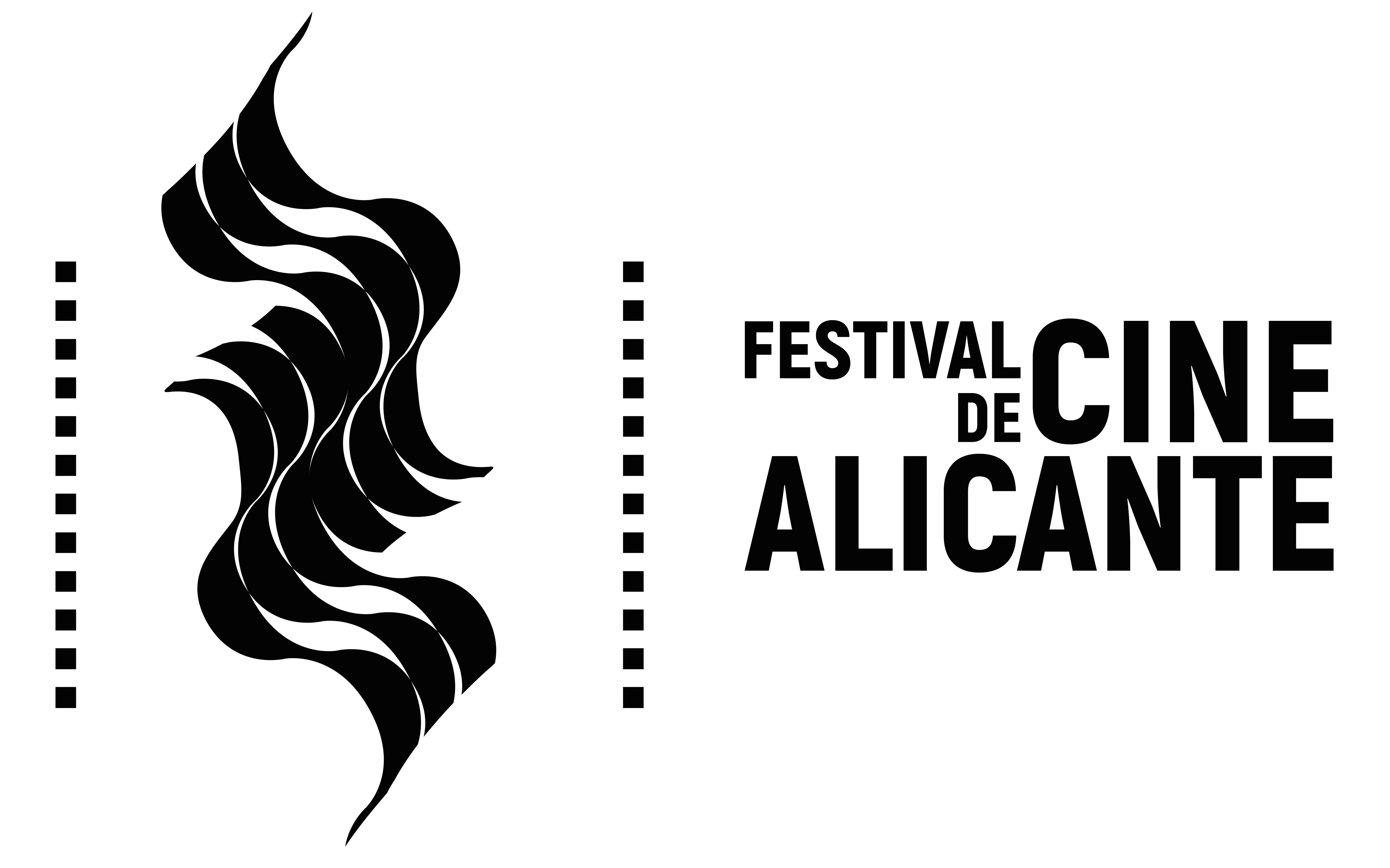LECTURE 1 WHAT IS HISTORY? WHAT IS THEORY? WHY
111 DERIVING DYNAMIC PROGRAMMING ADVANCED MATH THIS LECTURE REALLY13 ALLAN MACRAE JEREMIAH LECTURE 2 © 2013 DR
13 FRIDAY ALL NIGHT SERVICE TITLE LECTURE ON GENESIS
2 ECON4925 LECTURE PLAN LECTURE PLAN ECON4925 2006 (REV1)
2 LECTURE USE OF COHERENCE OF LASER LIGHT PHOTON
20 ALL OF LIFE IS A PROJECTION LECTURE BY
Lecture 1: What is History
Lecture 1: What is History? What is Theory? Why are the Two Connected?
History
History is the investigation of the past
It is the investigation of the past in an attempt to uncover some "truth"
That truth is meant to establish meaning. In other words, history seeks to uncover some truth about why the past was the way it was, and in some cases why the past was and how it influence why today is the way it is.
According to many historians, the business, or practice of writing history is patently untheoretical. In other words, history, in attempting to find the truth, is much like science. According to Brian Fay, a philosopher who focuses on social inquiry has stated that "practicing historians tend to focus on discovering and assessing concrete evidence, and they are suspicious of abstraction" (1). What this means is that historians like to think of themselves as scientists.
Theory
is defined in the OED as an idea of the world based on observation or experience.
It is also defined as a hypothesis proposed as an explanation
And is simplified as "speculation." Let's play with these definitions for a few minutes. Each of these definitions has the underlying assumption that through "theory" meaning is to be found. For example, one makes speculations, either about the future or about consequences, based on evidence at hand. If such and such…then x. There are certain claims and pieces of evidence brought in to warrant a given outcome. If Californians refuse to conserve energy in their homes and at work, the power crisis will reach an extreme, and many more will lose power. This is a theory, a speculation of the future based on evidence. 1. lack of conservation, 2. power has already been lost 3. proof that conservation aids in easing power crunches.
The Intermix
What we find then, after talking about this material, is that ALL history is theoretical, even that which patently denies theory. Why is this?
history is based on evidence
history proposes explanations about the past (speculates)
as history "progresses," old hypotheses are either substantiated or refuted.
But there's still a debate. Some would argue that there is a "science" to history that denies connection to theory. But this argument falls flat when we examine the evidence
the scientific method was invented by Bacon in the sixteenth century. The method relies on making a hypothesis, looking for evidence
Can history duplicate this method? Sure it can, that's why for a long time history was part of the "social sciences"
But rather than find "the" truth, historians have increasingly begun searching for "a" truth about the past
This has occurred as historians have increasingly recognized that they help to construct identities and meanings. In other words, Historians INTERPRET the evidence. Interpretation is based on the ways in which we read the evidence. We are informed by our contexts (when and where we are) as well as by our view of the world. For example, and we'll get into this later in the term, working-class history was fueled by people who read the evidence workers had to give and who believed that workers' stories were just as legitimate as the stories about labor from governments and institutions. These historians were often deeply engrossed in labour movements to begin with, and thus their interpretation was based in part by their personal convictions.
Thus, once we recognize that historians are in the business of interpreting, we then can recognize first that historical theories exist and second that historical theories can change.
One reason they change is because the context one writes in changes. The political climate in 1952 was decidedly different from that in 1965 and again from 1997 and again from 2001. Historians, like their historical subjects, are confined by the time and place in which they write. They also learn from previous contexts. So a historian writing in 1997 can note WHY historians made the claims they did in 1965 and 1952. We have hindsight, history, to help us along in some ways.
There are also debates within the field of history. All historians don't agree. It's a fact of life. We come from different backgrounds (Class, race, sex, etc.), we are raised in different places of the world, we have different ideological standpoints (liberal versus conservative, etc.). Because we're not all the same, that leads to different questions. I ask different questions of the past than another historian in the department might. I'm interested in different truths.
Because historians ask different questions, they often find new evidence. They look in places other historians had not, they find innovative ways of looking at the same material, they read primary documents with a different eye. All of these things contribute to changing theories of the past
Finally, we need to realize that the business of writing history is not stagnant—it's an ever-changing process. If it weren't, there'd be no place for newer scholars…Once we had found ALL the evidence, that would be it. But history is not over, it's not stagnant, and a primary reason is because of the theory embedded in all historical thought.
2002 FRESHFIELDS LECTURE 19 ARB INT’L 279 (2003) ARBITRATION’S
3 TEST QUESTIONS – BIT LECTURE 1 OBJECTIVES AND
3012 FUNDAMENTALS OF MATERIALS SCIENCE FALL 2003 LECTURE 10
Tags: history? what, lecture, history?, theory?
- JĘZYK POLSKI 08122020 TEMAT CO W FILMIE PISZCZY? 1
- INFORME DE AUDITORÏA INTERNA PROMOCION Y PREVENCION FECHA DE
- PERSON SPECIFICATION DEPUTY HEADTEACHER GORING CHURCH OF ENGLAND (VA)
- PREFECTURA DE LA CASA PONTIFICIA FORMULARIO PARA SOLICITAR ENTRADAS
- FUNDACIÓN PAZ Y SOLIDARIDAD COMISIONES OBRERAS EUROMED TRADE UNION
- S OP 420 METH LAB WASTES CONTENTS 1 INTRODUCTION
- BESCHREIBUNG DES PROJEKTES ANTRAGSTELLER (UNIVERSITÄT TÜBINGEN ODER UKT) 1
- CONTRATO DE CONCESIÓN ENTRE LAS PARTES PSA PEUGEOT
- AUTORIZACIÓN A ORGANISMO DE GESTIÓN O ENTIDAD DE CONTROL
- 制备实验预习报告模板 (使用学校统一的实验报告纸记录实验) 题目: 日期: 班级: 姓名: 一、实验目的: 二、实验原理:
- ZAHTJEV ISPUNJAVA ČLAN STRUKOVNE UDRUGE ZAHTJEV ZA DODJELU JEDNOKRATNE
- FAO MANUAL ON MANDATORY NUTRITION LABELLING COSTS AND BENEFITS
- GROUPE INTERNATIONAL DE RECHERCHES BALZACIENNES COLLECTION BALZAC BALZAC
- TEMA 5 TRANSFORMACIONES LINEALES ● EN MUCHAS OCASIONES TRANSFORMAR
- PATHOPHYSIOLOGY OF BLOOD BLOOD SYSTEM INCLUDES THREE COMPONENTS THE
- LUCAS NOS MUESTRA A LA IGLESIA CONTINUANDO LA OBRA
- 11 GEODB EXTENSION (DATABASE MANAGER) THIS EXTENSION ALLOWS USERS
- BOROUGH OF BEAVER 469 THIRD STREET BEAVER PA 15009
- W OODSEATS MEDICAL CENTRE PATIENT LEAFLET HOME BLOOD PRESSURE
- HOSPITAL ITALIANO DE BUENOS AIRES PROGRAMA DE PERFECCIONAMIENTO EN
- LABORATORIO NO 2 ESQUELETO APENDICULAR OBJETIVOS QUE EL ESTUDIANTE
- CONTRADICCIÓN DE TESIS 2372011 CONTRADICCIÓN DE TESIS 2372011 SUSCITADA
- COMMONWEALTH OF VIRGINIA REGULATIONS GOVERNING THE CERTIFICATION OF REHABILITATION
- AUSZUG AUS NETJOURNAL JAHRGANG NR 7 HEFT NR 78
- REFERAT FAU MØTE ARSTAD SKOLE 15 JANUAR 2014 TILSTEDE
- AUTOPOPRAWKA DO PROJEKTU USTAWY O ZMIANIE USTAWY O EMERYTURACH
- CHARLOTTE W LEWIS MD MPH CURRICULUM VITAE PERSONAL DATA
- REHABILITACIÓN Y VALORACIÓN FUNCIONAL DE LA ARTROPLASTIA DE HOMBRO
- ŠAHOVSKI TURNIR DANI BOROVA 2018 BOROVO 12 08 2018
- REUNIÓN DIRECTORES BIOLÓGICAS ACOFACIENACCB BARRANQUILLA OCTUBRE 8 DE 2007
ÚPLNÉ ZNĚNÍ ZÁKONA O VYSOKÝCH ŠKOLÁCH PRACOVNÍ
PROPUESTA DE ETIQUETADO TEIXMLBI ELEMENTOS TEIHEADER FILEDESC TITLESTMT TITLE
 PEDOMAN PENULISAN SKRIPSI FAKULTAS DAKWAH DAN KOMUNIKASI UNIVERSITAS ISLAM
PEDOMAN PENULISAN SKRIPSI FAKULTAS DAKWAH DAN KOMUNIKASI UNIVERSITAS ISLAMLIDIA WLOCZYK JAKIE CZASOPISMA CZYTALI NASI PRZODKOWIE? ZAKOŃCZENIE
ÚVOD DO EXPERIMENTÁLNYCH METÓD JADROVEJ FYZIKY 21 VOKÁL KRAVČÁKOVÁ
 WEATHERIZATION ASSISTANCE PROGRAM M OBILE HOME BELLY RETROFIT
WEATHERIZATION ASSISTANCE PROGRAM M OBILE HOME BELLY RETROFIT DEPARTMENT OF LABOR AND EMPLOYMENT REGIONAL OFFICE ESTABLISHMENT
 WYŻSZA SZKOŁA EKONOMII I INFORMATYKI W KRAKOWIE CENTRUM JĘZYKÓW
WYŻSZA SZKOŁA EKONOMII I INFORMATYKI W KRAKOWIE CENTRUM JĘZYKÓWSPRAWOZDANIE KLASYFIKACYJNE KLASASEMESTRROK SZK WYCHOWAWCA STAN KLASY KLASYFIKOWANYCH NIEKLASYFIKOWANYCH
OZNACZENIE SPRAWY – PN 3717 ZAŁĄCZNIK DO INFORMACJI O
 APPLICATION FORM YOUTH LEADER EXCHANGE YOU CAN ASSIGN YOUTH
APPLICATION FORM YOUTH LEADER EXCHANGE YOU CAN ASSIGN YOUTH DEEP USE ONLY DATE OF RECEIPT FILE
DEEP USE ONLY DATE OF RECEIPT FILE  ACCOMMODATION FORM PLEASE SEND BY FAX +34 952 226
ACCOMMODATION FORM PLEASE SEND BY FAX +34 952 226 TERCER LABORATORIO DE PROPUESTAS Y PRESENTACIÓN DE PROYECTOS DE
TERCER LABORATORIO DE PROPUESTAS Y PRESENTACIÓN DE PROYECTOS DESOUTH CAROLINA GENERAL ASSEMBLY 117TH SESSION 20072008 H 4308
TÍTULO 37 – AQUISIÇÃO DE SEMENTES DOCUMENTO 5 –
MEETING TITLE PPG MEETING MEETING DATE 1112016 TIME 1200
IGUALDAD INTEGRACIÓN Y COHESIÓN SOCIAL LAS ACCIONES HA DESARROLLAR
THE UNITED KINGDOM DISCUSSION STUDENT A’S QUESTIONS (DO NOT
 P IONEER FIRE PROTECTION DISTRICT PO BOX 128 SOMERSET
P IONEER FIRE PROTECTION DISTRICT PO BOX 128 SOMERSET